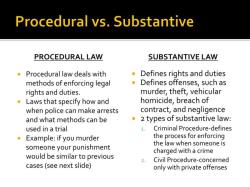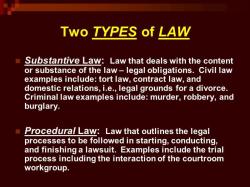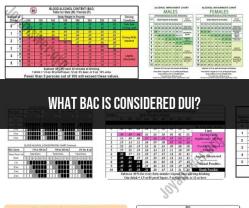What does it mean to be indicted?
Being indicted is a formal accusation or charge brought against an individual by a grand jury or other competent authority. The process of indictment has significant legal implications, and it marks the beginning of a formal criminal proceeding. Here are key points to understand about being indicted:
Formal Charge:
- An indictment is a formal written accusation that charges an individual with a specific crime. It typically outlines the nature of the offense, the relevant legal statutes, and the details of the alleged criminal conduct.
Grand Jury Involvement:
- Indictments are often the result of grand jury proceedings. A grand jury, a group of citizens convened by the court, reviews evidence presented by prosecutors and determines whether there is probable cause to believe that a crime has been committed.
Legal Process Initiation:
- Being indicted initiates the legal process against the accused. It is a critical step that precedes a criminal trial. The accused individual becomes a defendant, and the case moves from investigation to formal legal proceedings.
Serious Legal Consequences:
- Indictments are associated with serious legal consequences. They indicate that the legal system believes there is enough evidence to proceed with a trial. If found guilty, the individual may face penalties such as fines, imprisonment, probation, or other legal sanctions.
Presumption of Innocence:
- Despite being indicted, individuals are presumed innocent until proven guilty in a court of law. The indictment itself is not a determination of guilt; it is a formal accusation that sets the stage for the legal process to unfold.
Right to Legal Representation:
- Individuals who are indicted have the right to legal representation. They can hire an attorney or, if unable to afford one, may be provided with a defense attorney. Legal representation is crucial for building a defense and navigating the legal proceedings.
Trial Proceedings:
- Following an indictment, the case moves to trial, where evidence is presented, witnesses are examined, and legal arguments are made. The prosecution bears the burden of proving the defendant's guilt beyond a reasonable doubt.
In summary, being indicted signifies the formal accusation of a crime and initiates the legal process leading to a criminal trial. It is a serious matter with significant legal implications, but individuals maintain the presumption of innocence until proven guilty in a court of law.
Defining the legal concept of indictment
An indictment, in the American legal system, is a formal written accusation issued by a grand jury that charges a person with a serious crime. It's like a grand jury's official declaration that there's enough evidence to bring the accused to trial for a specific offense.
Here's a closer look at its key aspects:
1. Grand Jury:
- A group of citizens (usually 16-23) who hear evidence presented by the prosecution in secret and decide whether there's probable cause to believe the accused committed a crime.
2. Probable Cause:
- A lower standard of proof than "beyond a reasonable doubt" required for conviction. In an indictment, the grand jury simply needs to find that it's more likely than not that the accused committed the crime.
3. Formal Charge:
- The indictment specifies the exact crime(s) the accused is alleged to have committed, including the date, location, and details of the offense.
4. Significance:
- An indictment is a significant step in the criminal justice process. It triggers the defendant's right to an arraignment, where they plead guilty or not guilty, and sets the stage for a trial.
5. Not a Guarantee of Guilt:
- It's crucial to remember that an indictment is just an accusation, not a finding of guilt. The defendant is presumed innocent until proven guilty in a court of law.
Bonus Points:
- Indictments typically apply to serious crimes, like felonies carrying potential imprisonment exceeding a year.
- In some situations, a prosecutor might file an information instead, a similar document but not requiring grand jury approval.
- The defendant can challenge an indictment on various grounds, including insufficient evidence or improper grand jury procedures.
I hope this explanation provides a clear picture of the legal concept of an indictment. Feel free to ask any further questions you may have!













